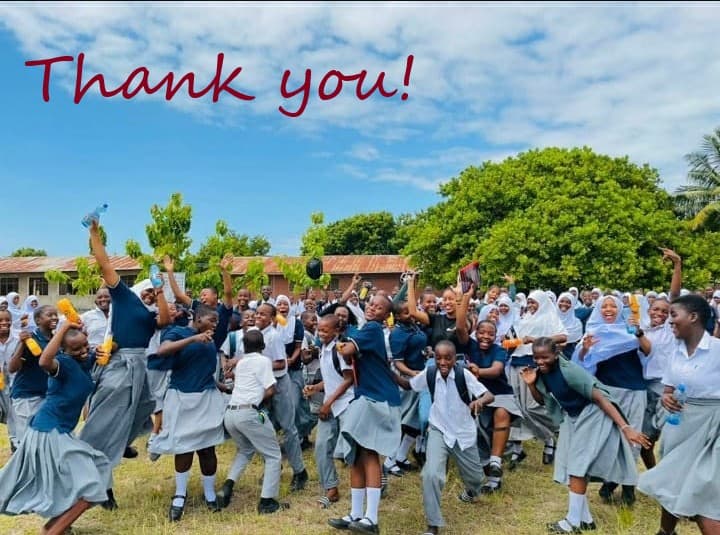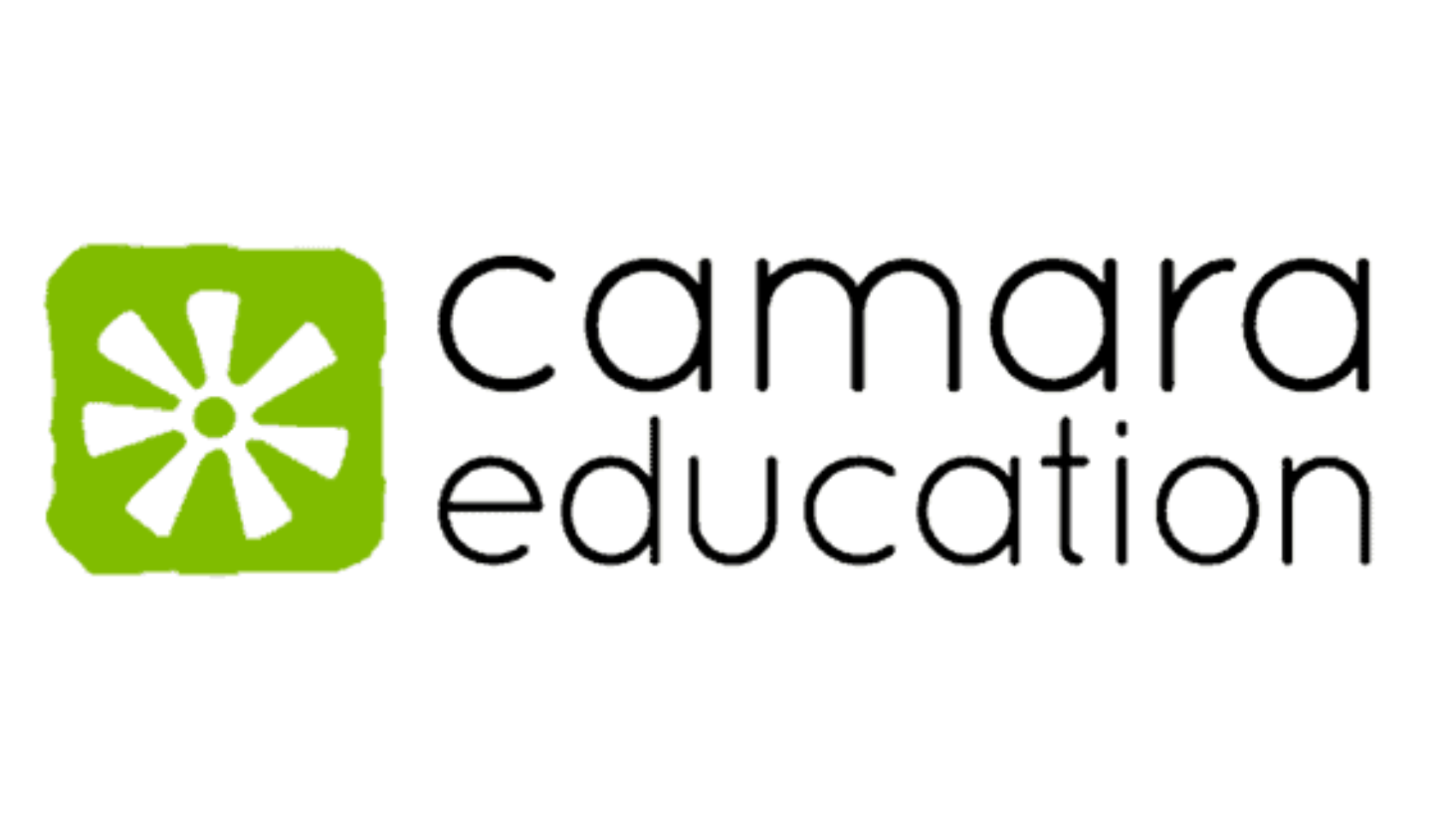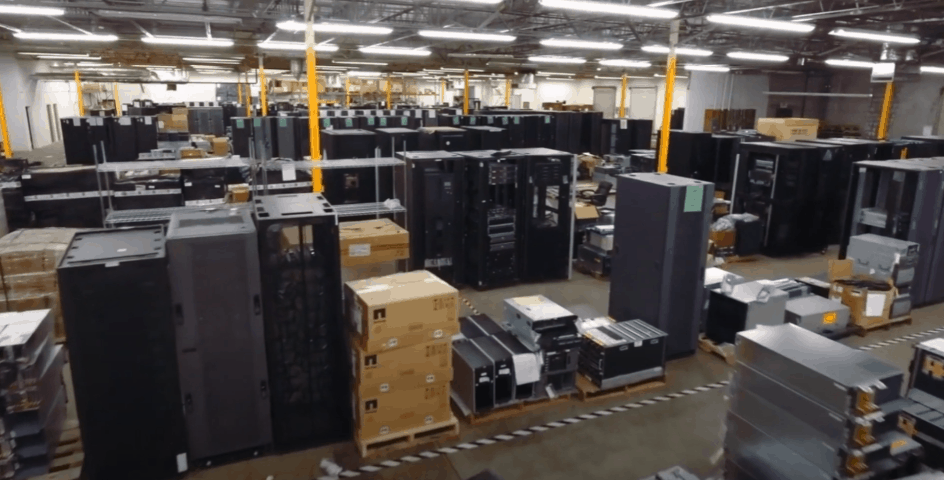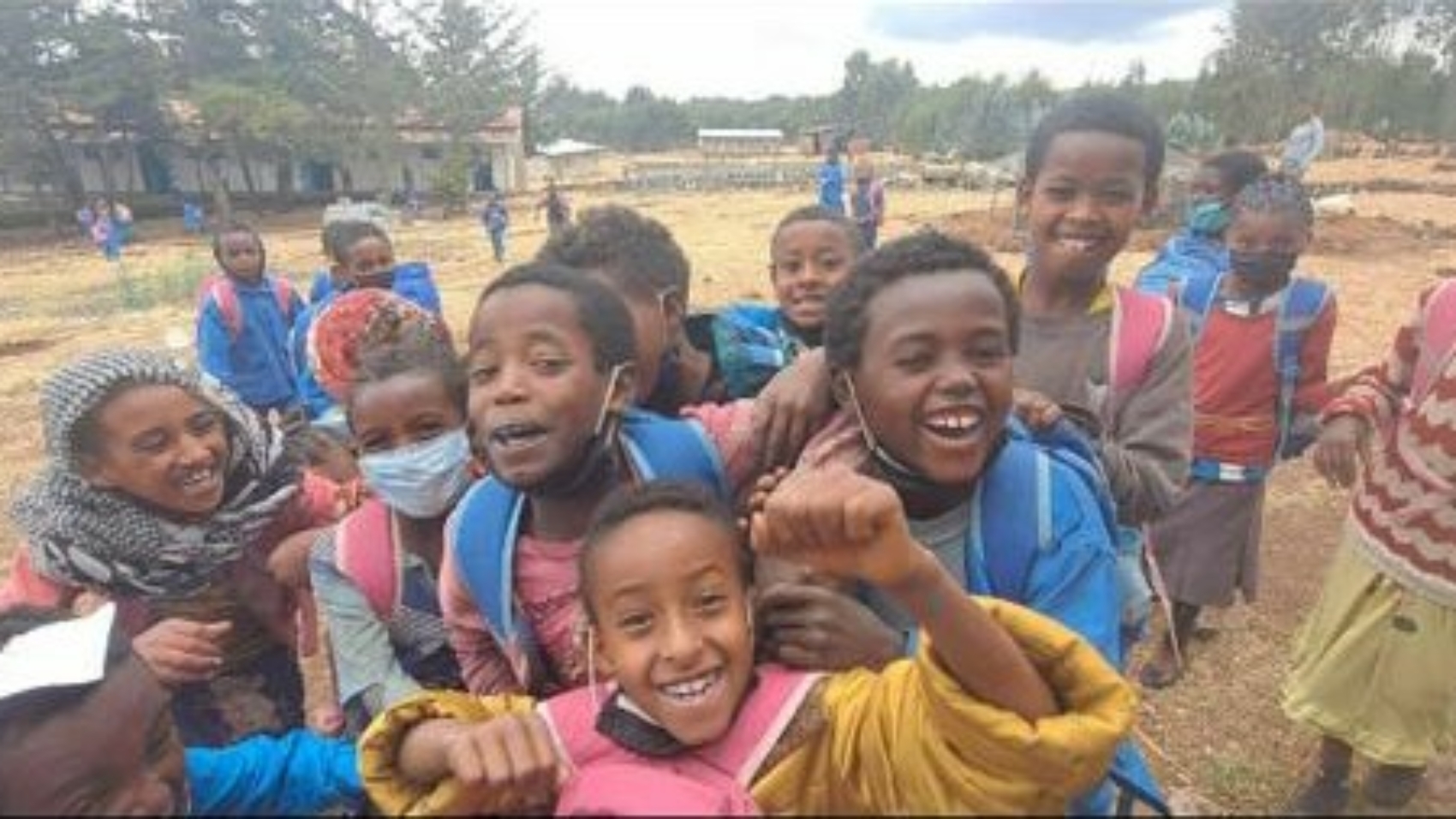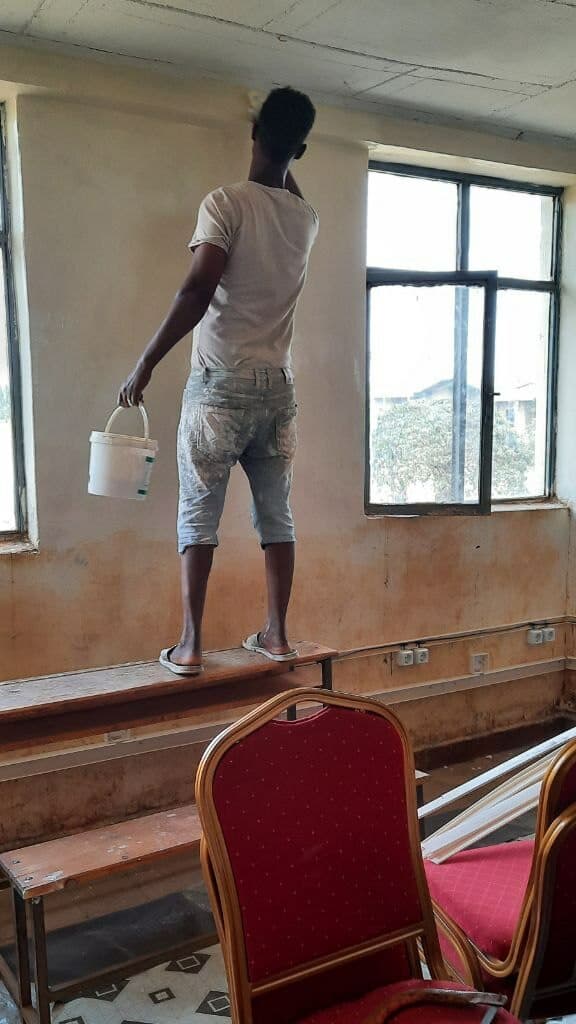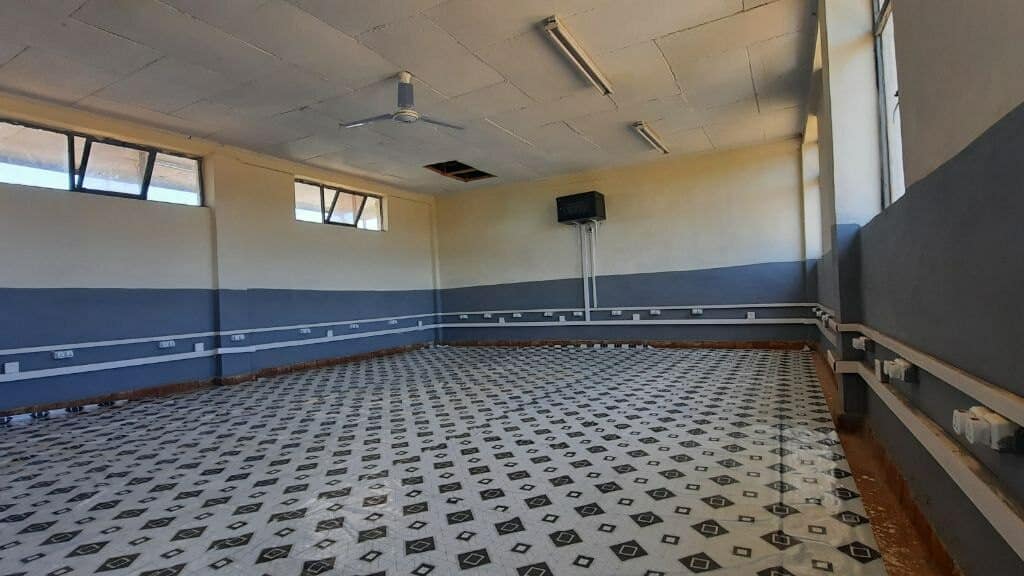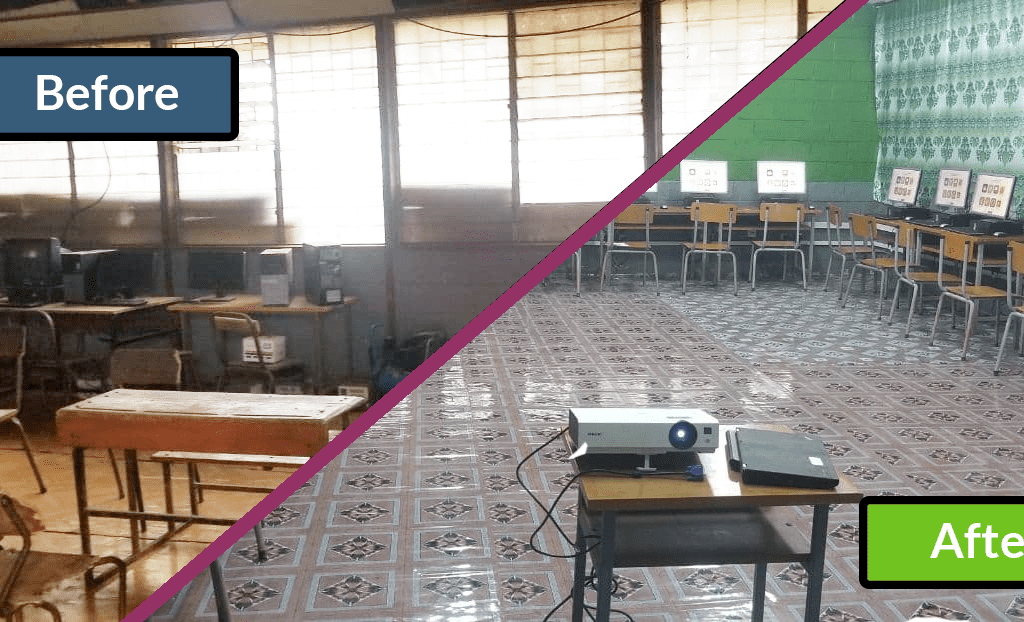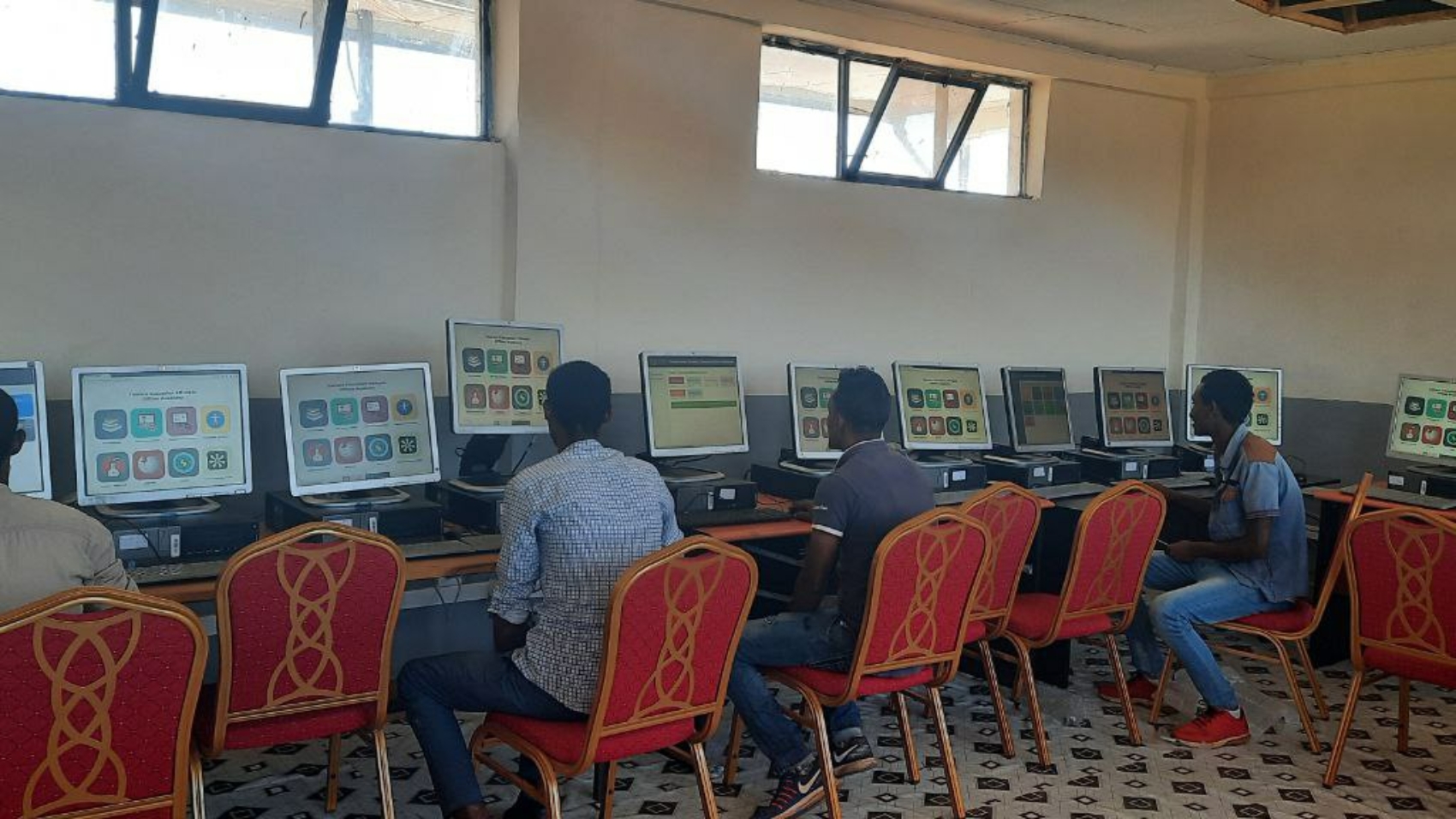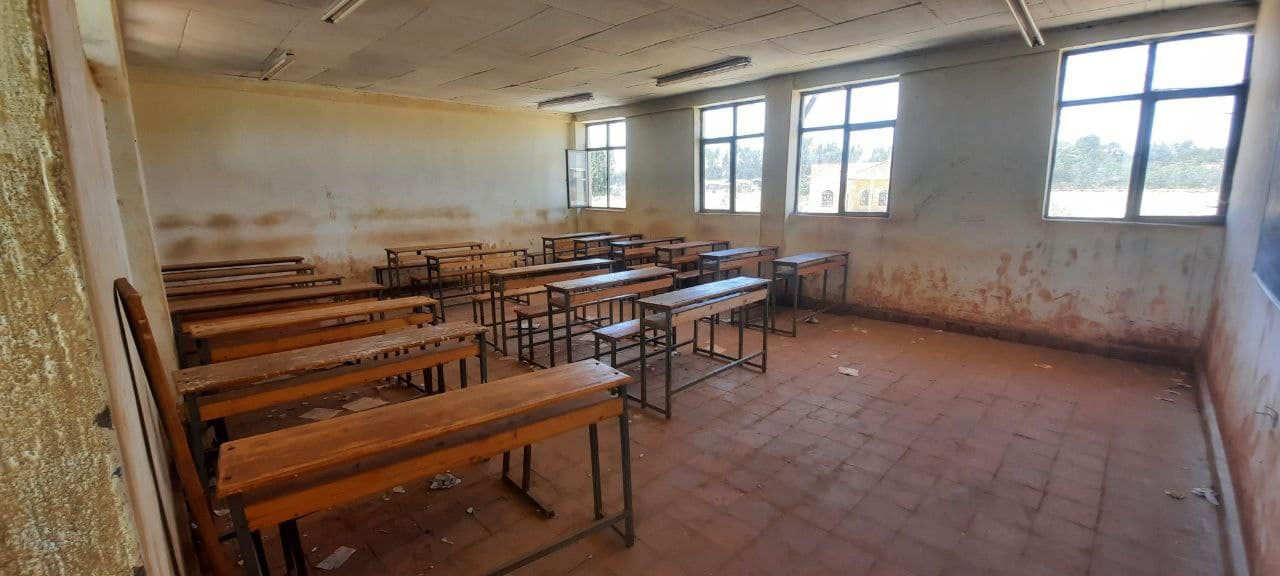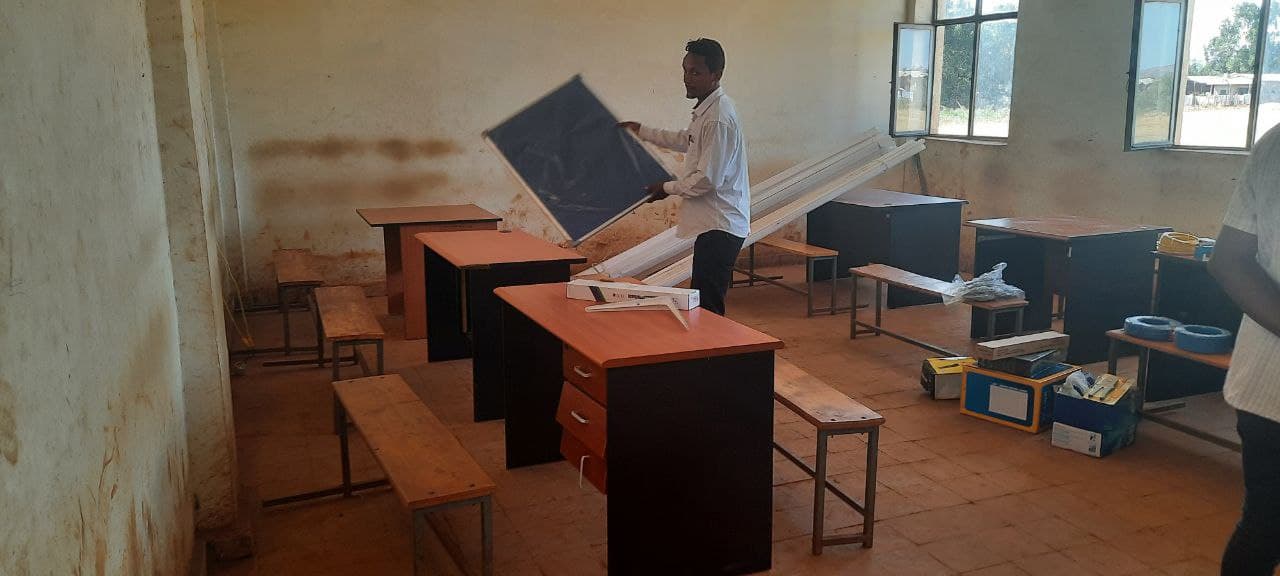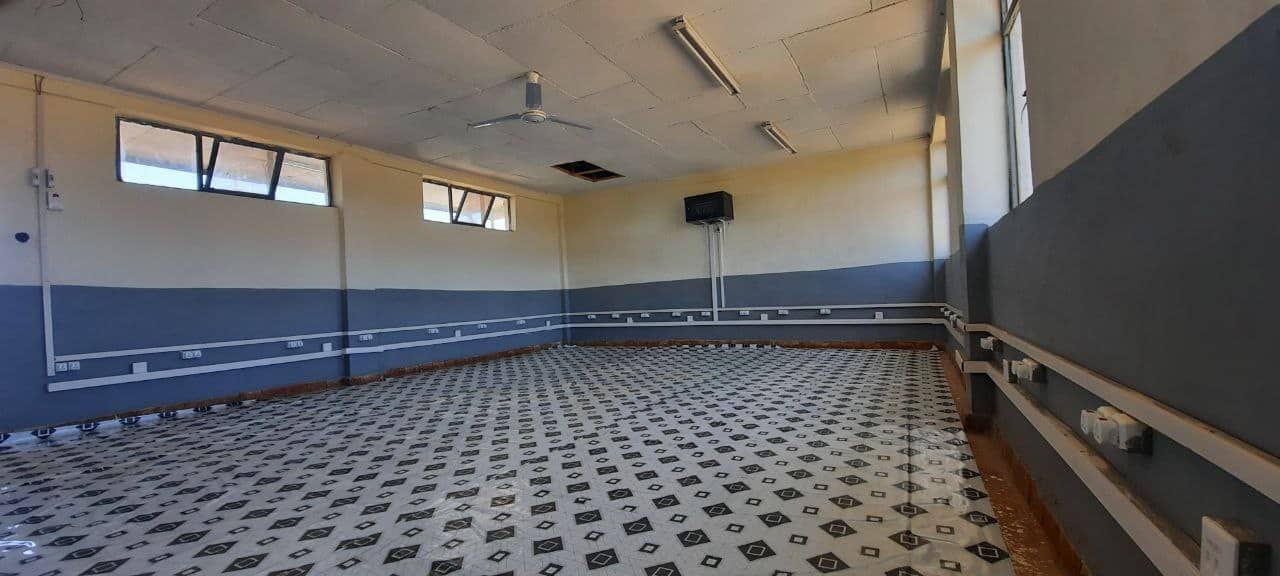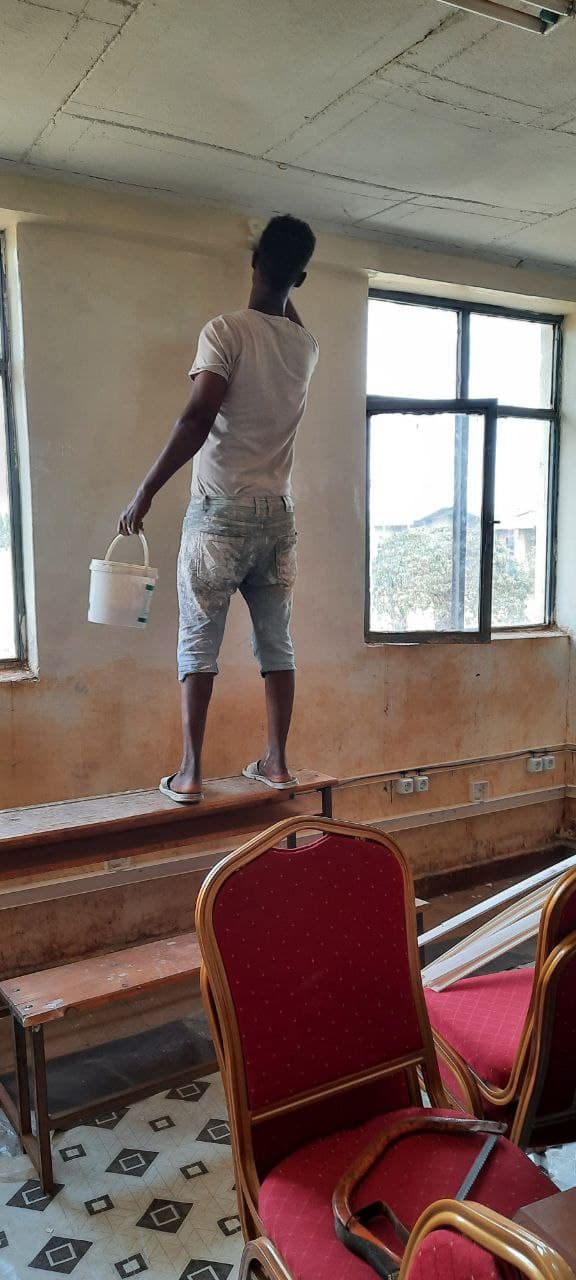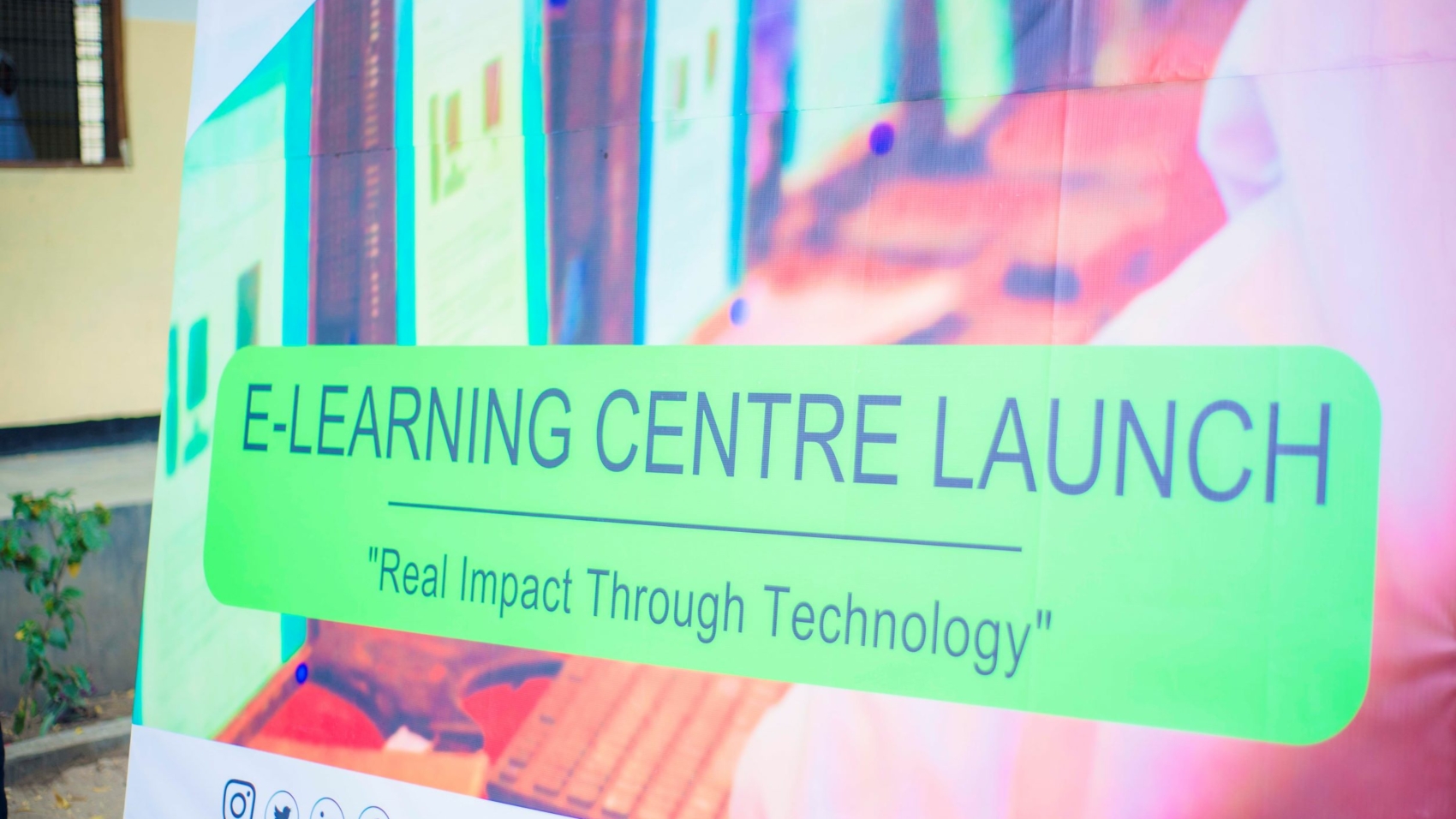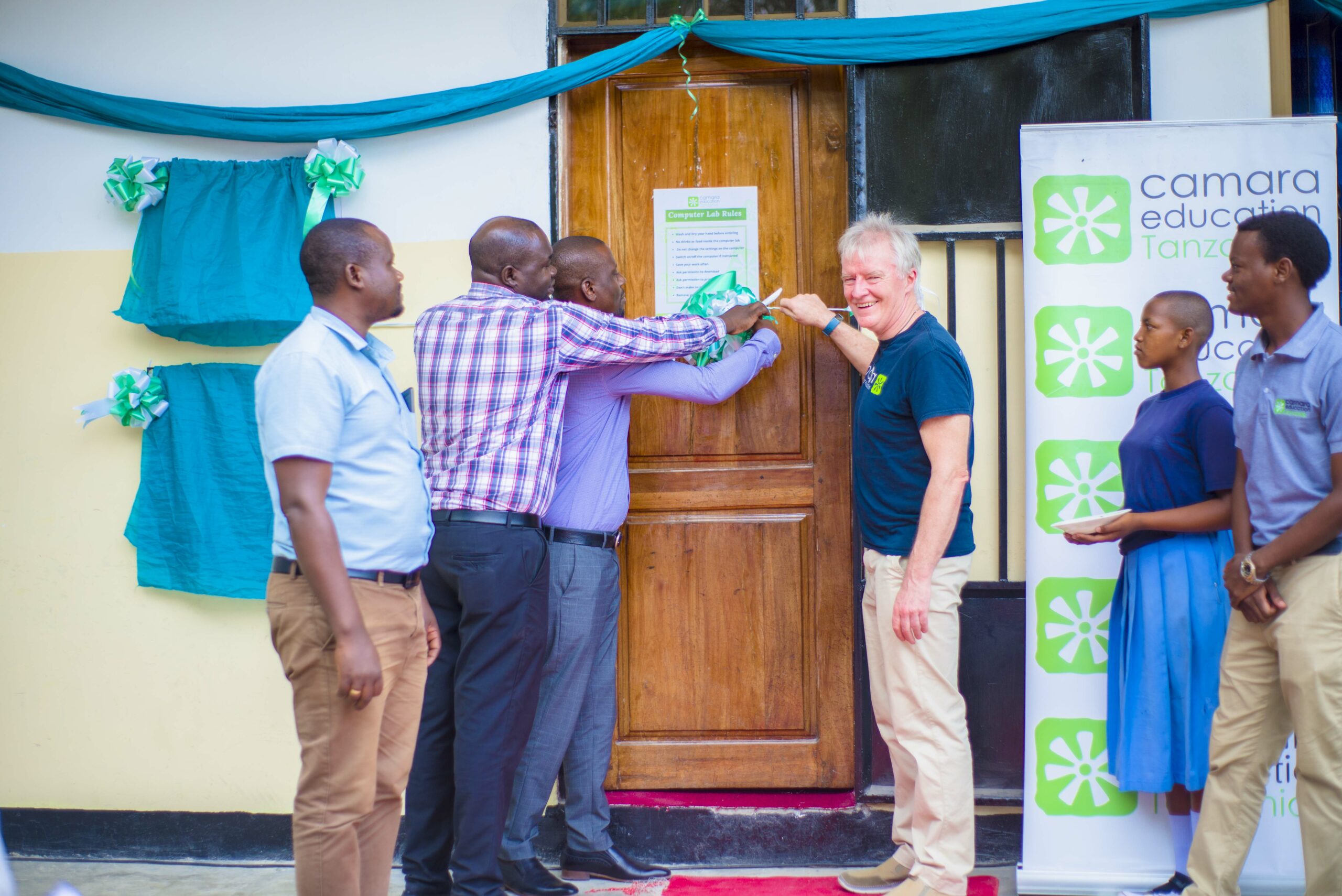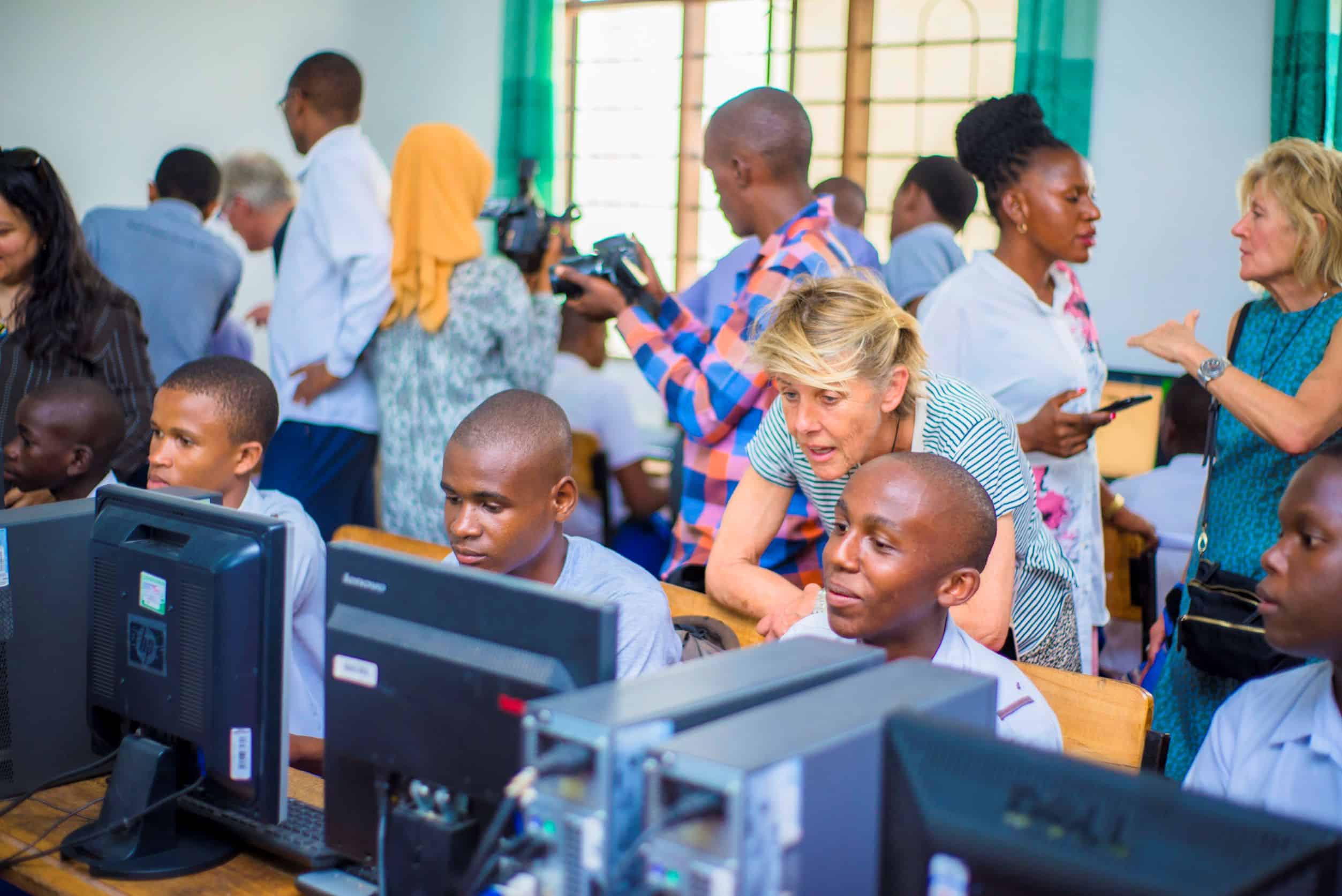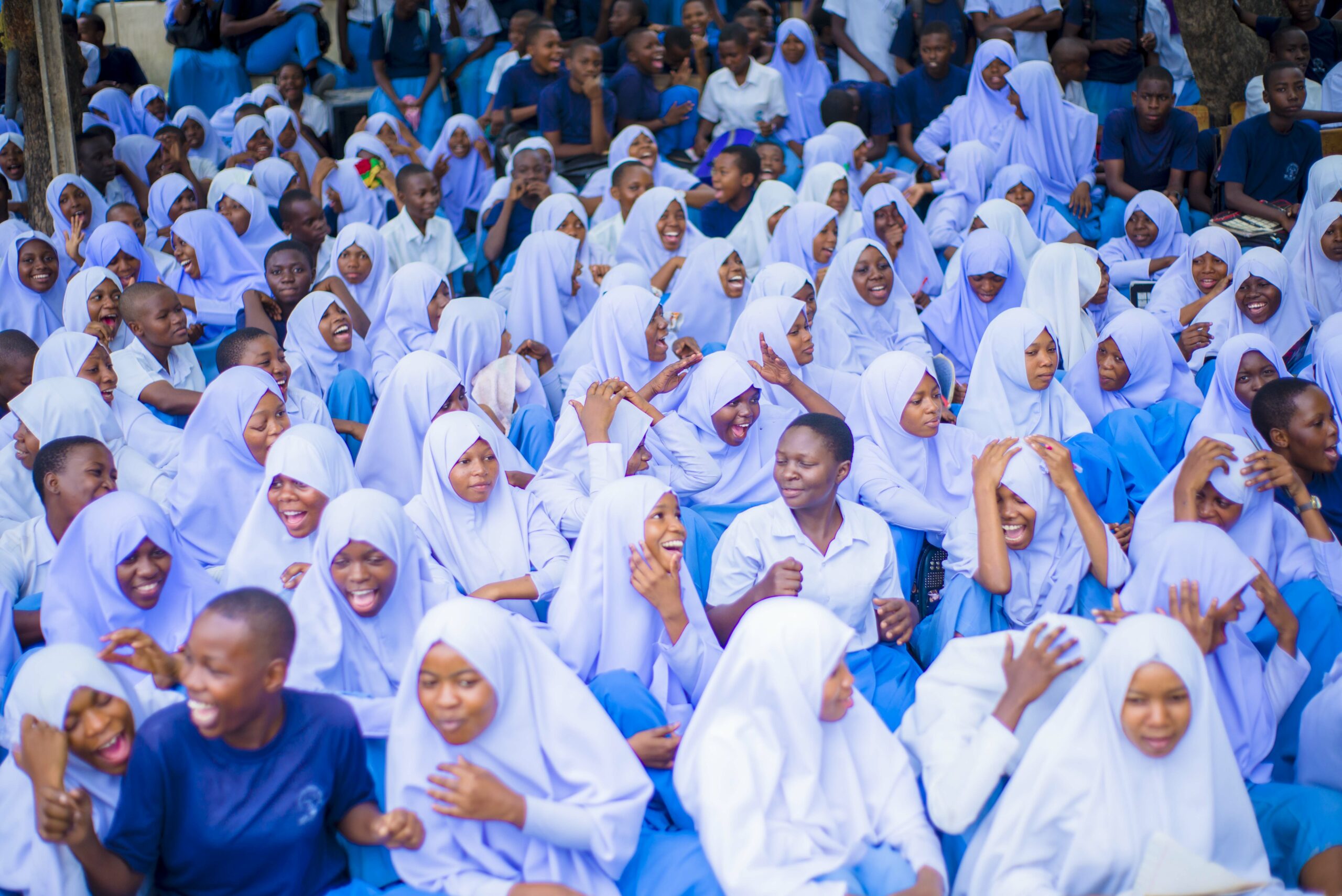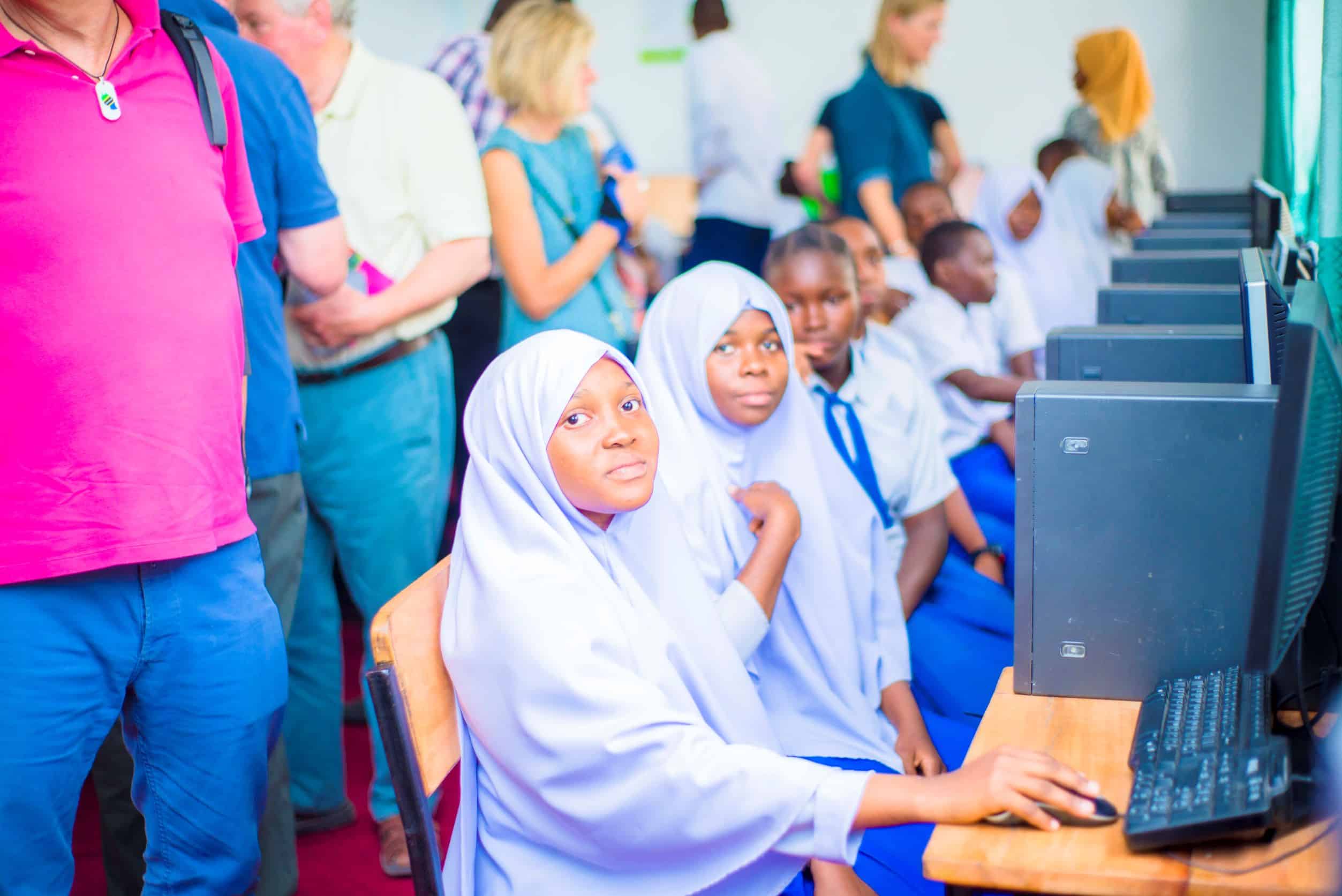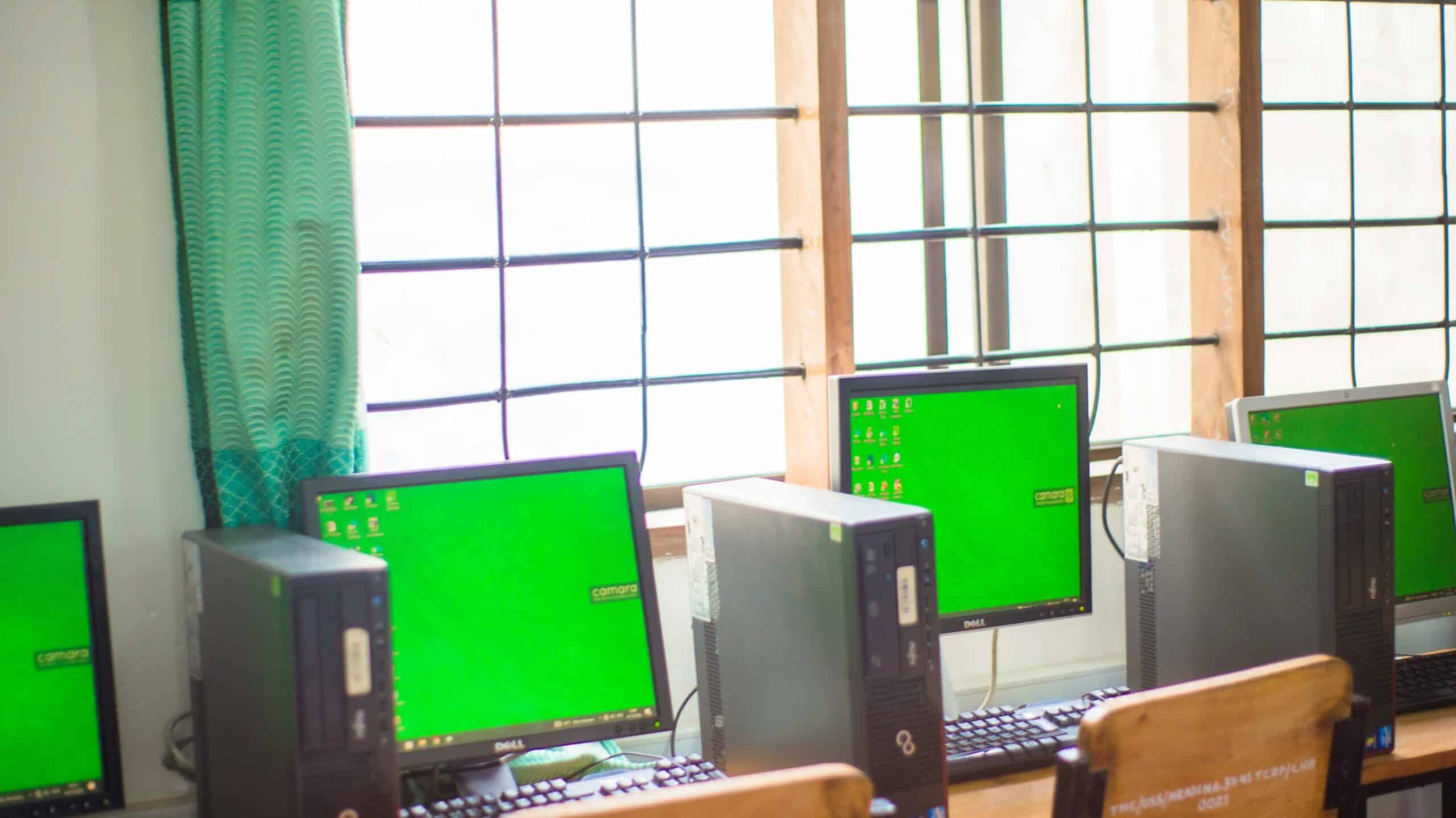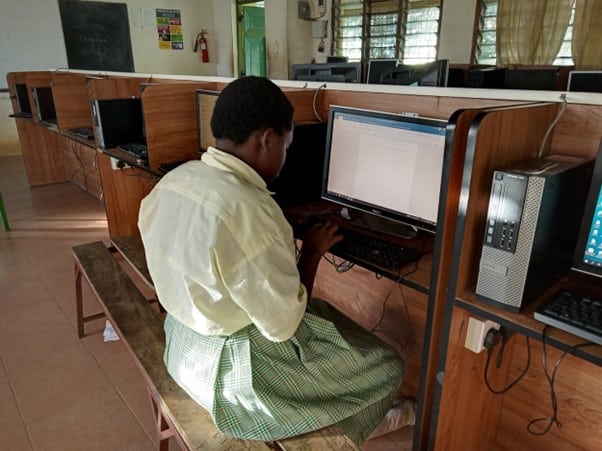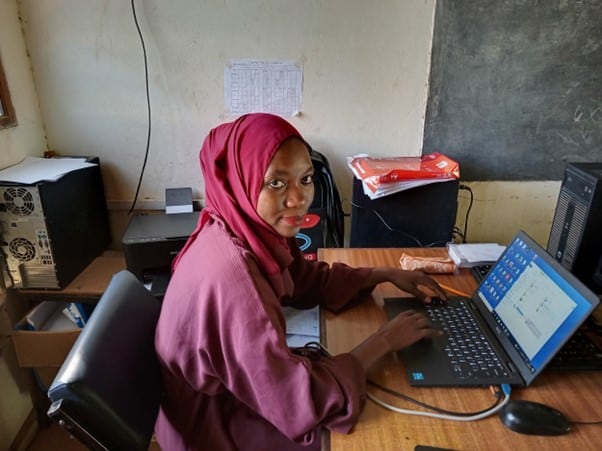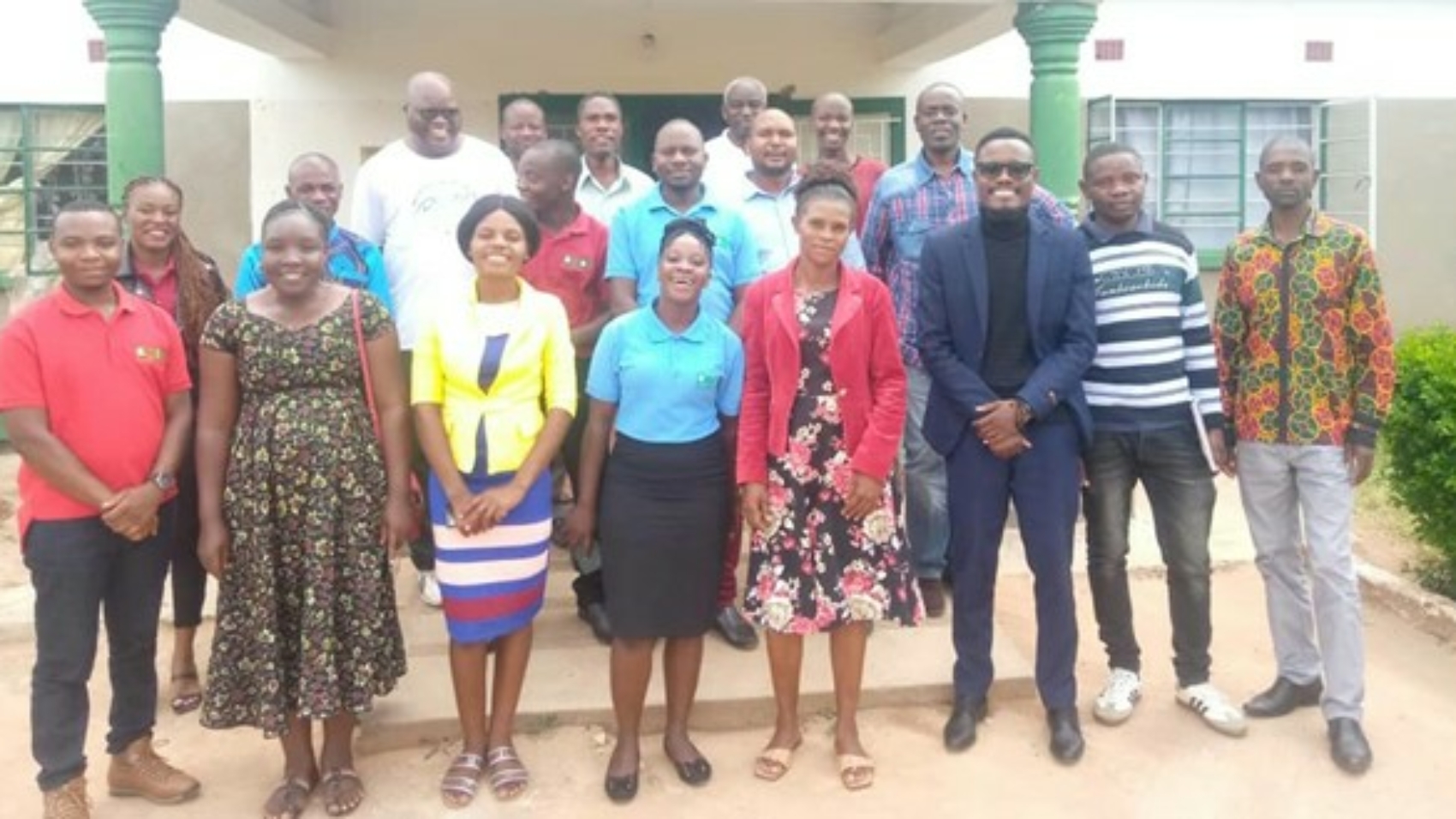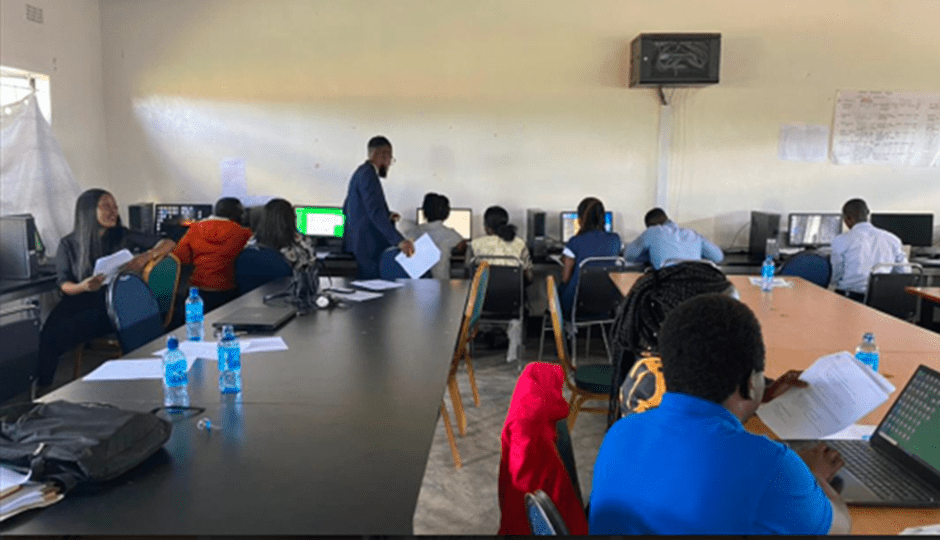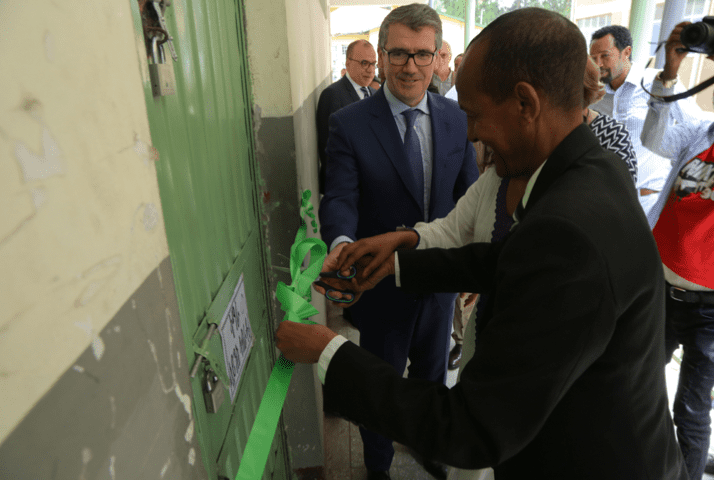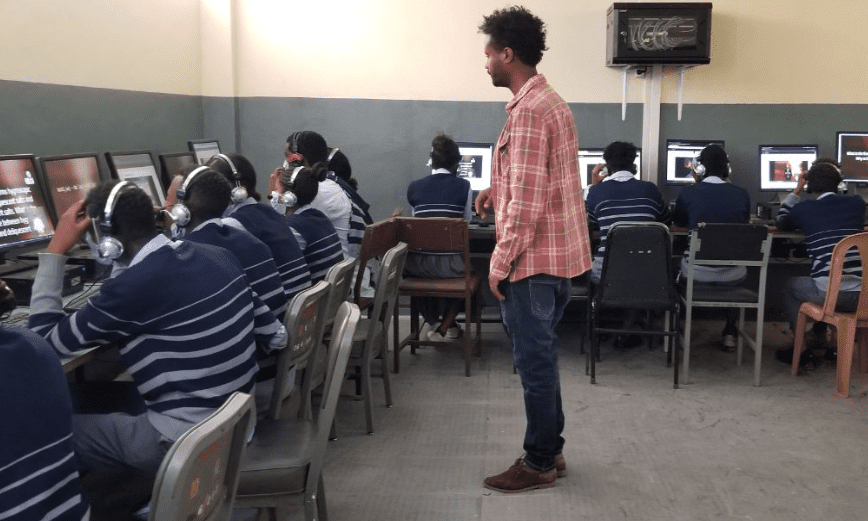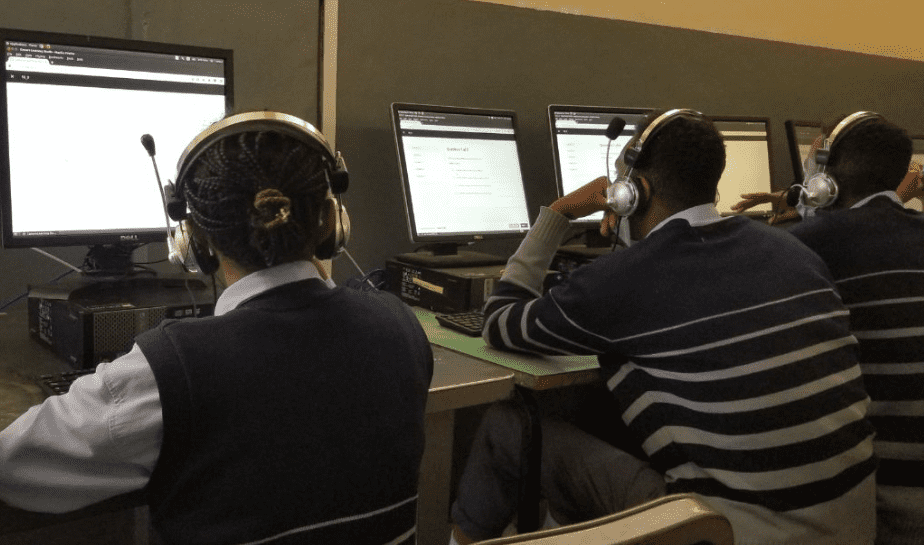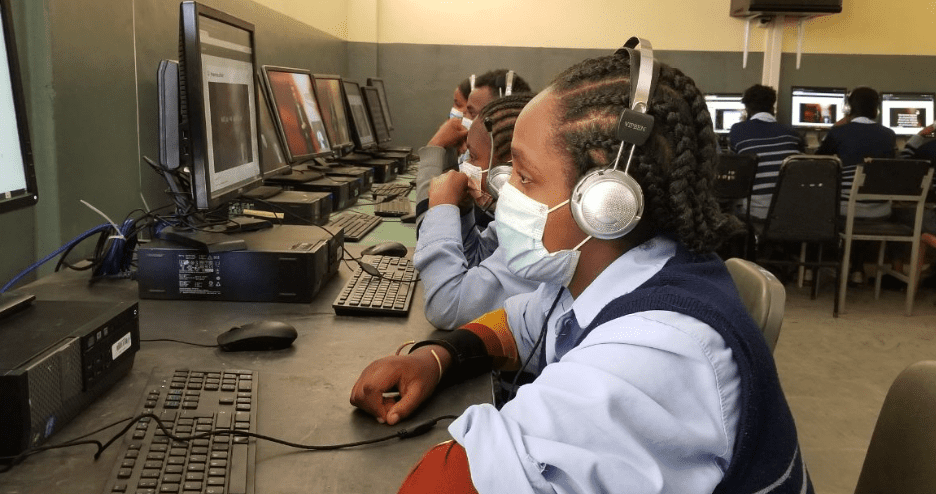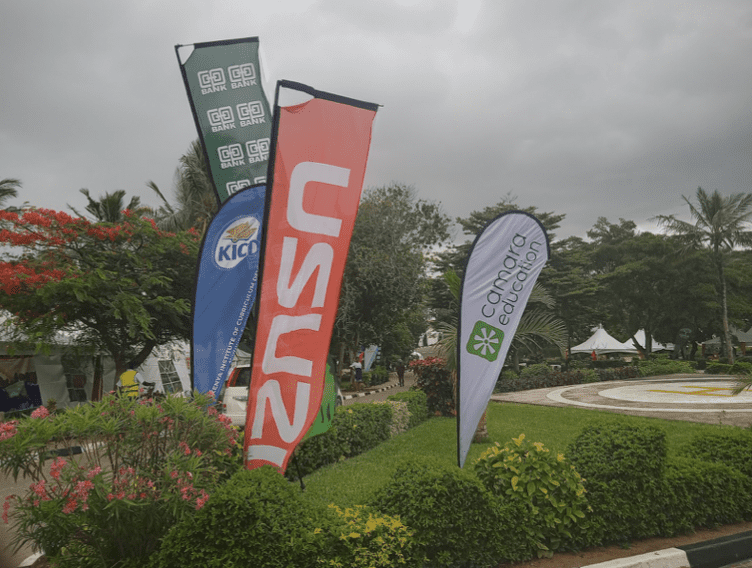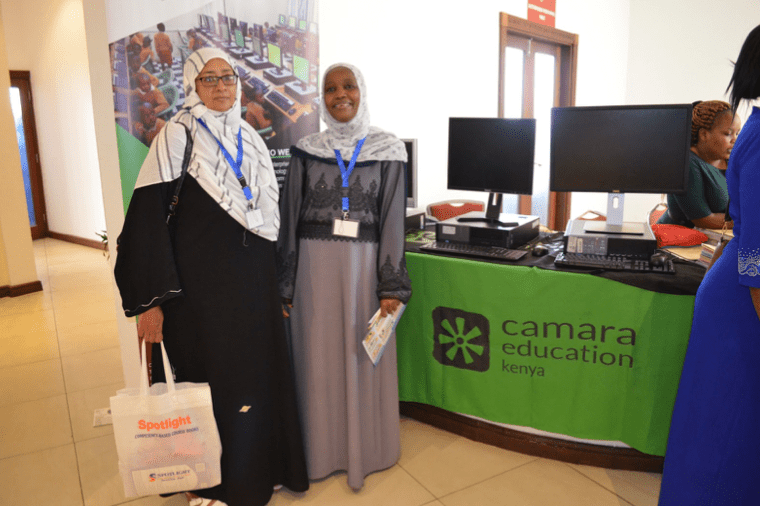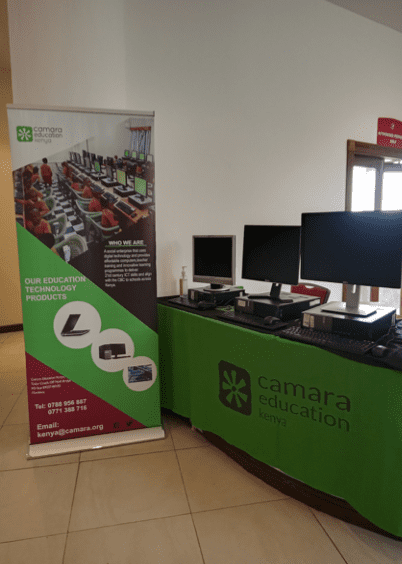On Camara’s eighteenth birthday – the organisation was founded in Dublin back in 2005 – we’re reflecting on our journey to adulthood, and the changes we’ve undergone along the way. We talked to John Brown, a long-standing trustee of Camara, about our impact, how the organisation has changed over the years and the highlights of his trips to our schools. You can watch that interview here:
In the past eighteen years, over 140,000 computers have been installed in schools and some four-and-a-half million children impacted. While at the outset we simply supplied computers to schools, our focus has evolved over the years so that we now offer a range of integrated products and services that support schools in multiple ways. This includes the provision of high-quality computer equipment, educational resources tailored to the local curriculum and training for teachers, as well as technical and e-waste support. All of these changes come from our experience in the real world and determination to maximise the effective usage of the eLearning centres we install.
Our work has expanded in other ways too, for example in seeking to assist young adults into employment through internships and digital skills courses that give hands-on experience in the world of work.
Nor is our impact confined to the students and teachers we’re working with – by reusing IT equipment we’re helping the environment by reducing carbon emissions and keeping material out of landfill.
We’d like to extend huge birthday thanks to all the partners, sponsors and donors who have helped us along the way.
